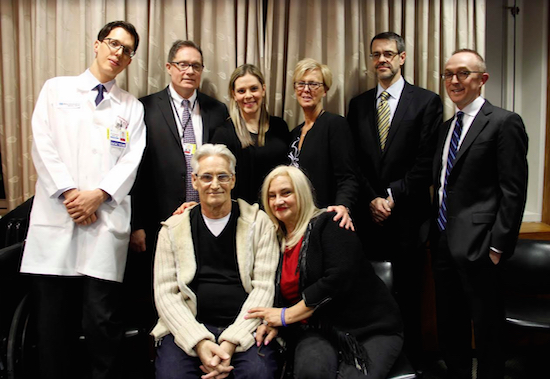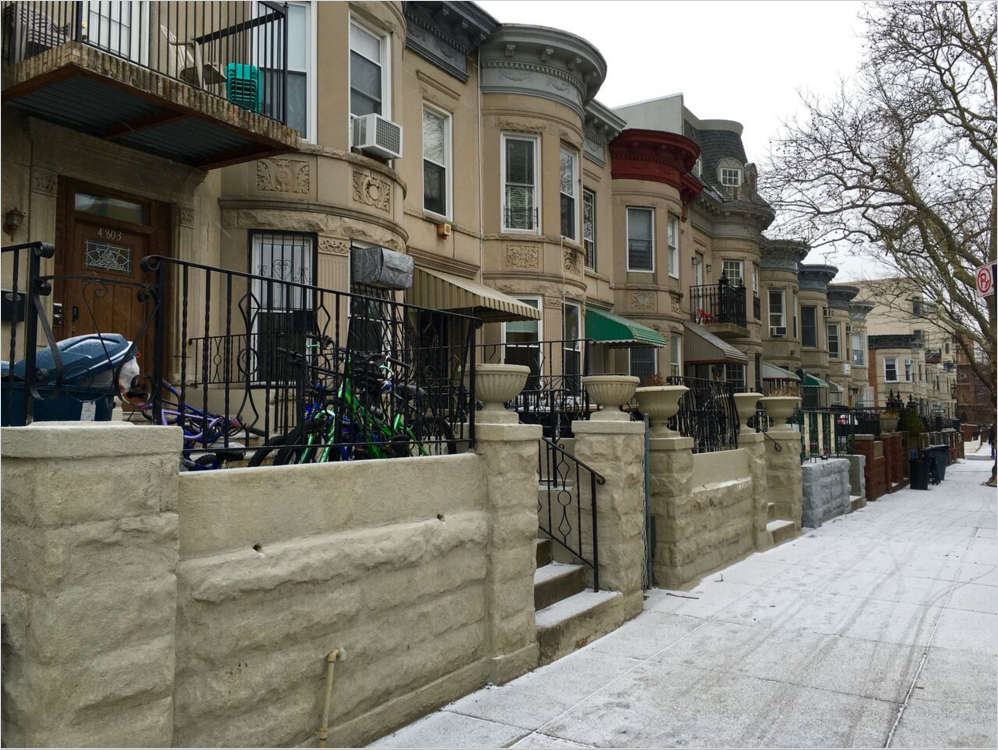Dyker Heights heart patient gets new lease on life
Henry Scarpati says he is grateful to Maimonides doctors

Henry Scarpati said he feels lucky to be alive. Back in November, Scarpati, 64, a lifelong resident of Dyker Heights, felt serious chest pains on his way to visit his mother. He’d had a heart attack ten years earlier and knew more than the average person about coronary artery disease. So when he felt troubling symptoms, he called one of his sons and said, “Take me to Maimonides right away!”
He felt strongly that he needed to get to the doctors, including Dr. Norbert Moskovits, director of the Heart Failure Program at Maimonides Medical Center, who knew him and had been keeping him healthy for years.
“His heart was in trouble again,” his wife, Patricia Scarpati, said. “He was in cardiac arrest, but the ER doctors brought him back, thank God, and called the cardiac doctors. They brought my husband right to the operating room.”
